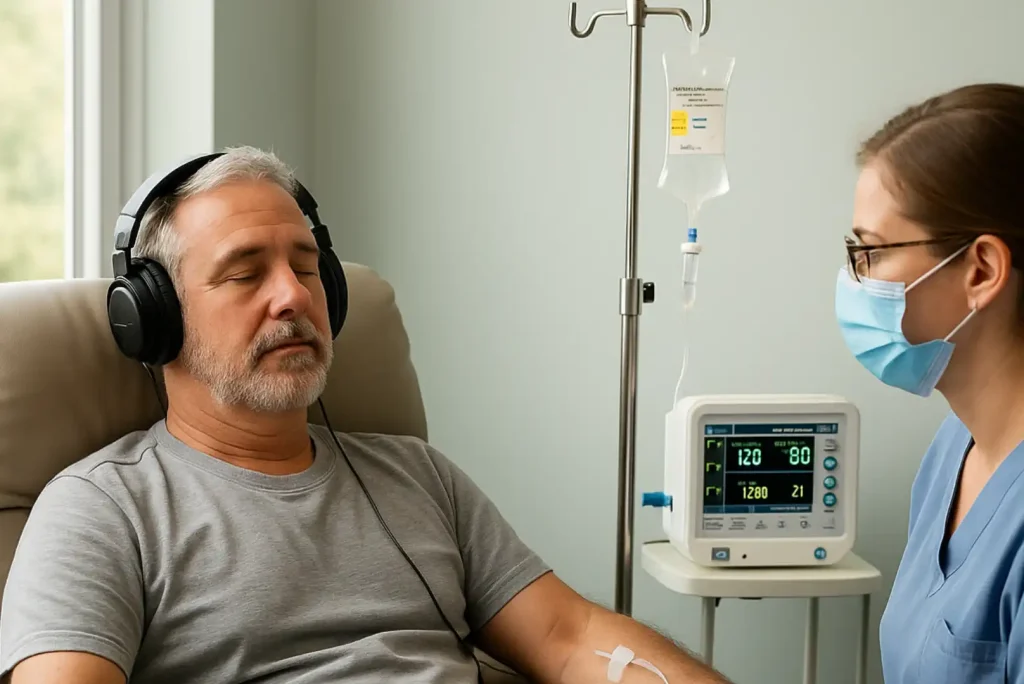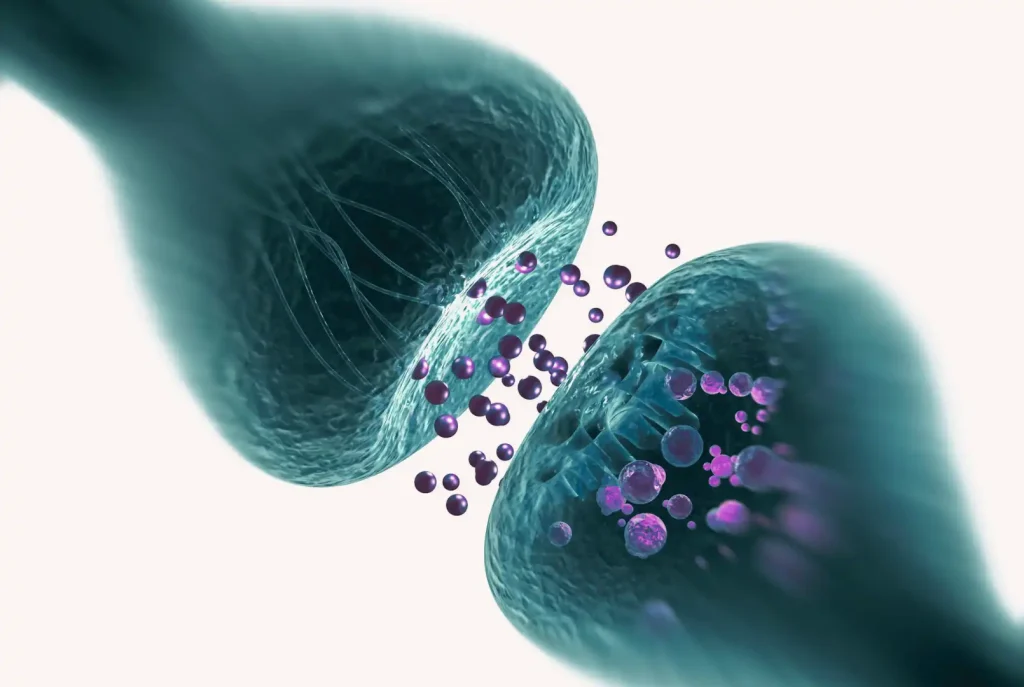Ketamine-Assisted Psychotherapy is emerging as a groundbreaking approach to treating depression and mood disorders. If you’re considering this therapy, understanding what a session entails is vital. This article walks you through the process of ketamine depression treatment, explains how it works, and describes what you can expect during your sessions.

Before beginning treatment, patients undergo a detailed evaluation. Mental health professionals review medical history, current symptoms, and any medications to ensure the therapy is appropriate. This assessment helps personalize the treatment plan to each individual’s needs.
Clinicians also provide information about the therapy’s goals, possible side effects, and the session format. This step prepares patients mentally and emotionally for the experience ahead.

In a medical setting, ketamine is administered through methods such as intravenous infusion, intramuscular injection, or oral lozenges. Throughout the session, healthcare providers closely monitor patients’ vital signs and comfort.
Once ketamine takes effect, patients enter a dissociative or altered state that typically lasts about 45 to 60 minutes. Many describe feelings of detachment and deep introspection, which help them engage with emotions and thoughts that are difficult to access during normal consciousness.

While under ketamine’s influence, patients work closely with a trained therapist. The therapist guides them through the emotional and cognitive insights that arise. This supportive dialogue helps break down negative thought patterns, process traumatic memories, and develop healthier emotional responses.
The combination of pharmacological effects and psychotherapy sets Ketamine-Assisted Psychotherapy apart, enabling breakthroughs not commonly achieved with traditional therapy alone.

Ketamine works differently from standard antidepressants by targeting NMDA receptors in the brain. This action modulates glutamate signaling and boosts neuroplasticity — the brain’s ability to form and strengthen new neural connections.
This enhancement helps restore the brain circuits responsible for mood regulation, resulting in fast-acting relief from depressive symptoms, often within hours.

After the ketamine experience, patients engage in reflective discussions with their therapist. These conversations help solidify insights gained during the session and develop strategies for applying them in everyday life.
Many patients find journaling helpful to track emotional progress and reinforce positive changes.
Most individuals benefit from multiple sessions. Follow-up visits allow healthcare providers to monitor symptom improvement, adjust treatment, and refine psychotherapy approaches.
Clinics offering ketamine therapy for depression in Ketamine Canada emphasize ongoing care to ensure lasting benefits.
When administered by experienced professionals in a clinical setting, ketamine therapy is considered safe. Common side effects, such as dizziness, nausea, or mild confusion, typically resolve shortly after treatment.
Strict medical oversight minimizes risks, especially for patients with cardiovascular conditions or a history of substance misuse, who require careful evaluation before starting therapy.
A session typically lasts between 60 to 90 minutes, including drug administration and psychotherapy.
Yes, when delivered under professional supervision, the treatment has a strong safety record with manageable side effects.
Most patients see benefits after 6 to 8 sessions, though the exact number varies.
Clinical studies confirm ketamine’s rapid antidepressant effects and its ability to enhance brain plasticity, especially for treatment-resistant depression.
People with uncontrolled hypertension, heart disease, or a history of substance addiction should discuss potential risks with their physician before treatment.
It’s recommended to arrange transportation, avoid driving afterward, and come open to the therapeutic experience.
Ketamine-Assisted Psychotherapy uniquely combines fast-acting medication with therapeutic guidance to treat depression. This innovative treatment offers hope to those who have not responded well to conventional antidepressants. Understanding what happens during a session can help you approach this therapy with confidence and clarity.
If you’re considering ketamine depression treatment in ketamine Canada, clinics like BrainStim prioritize safety, comprehensive care, and personalized treatment plans to maximize your chances of success.